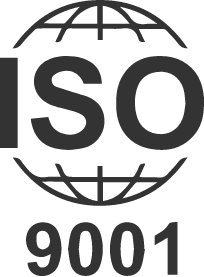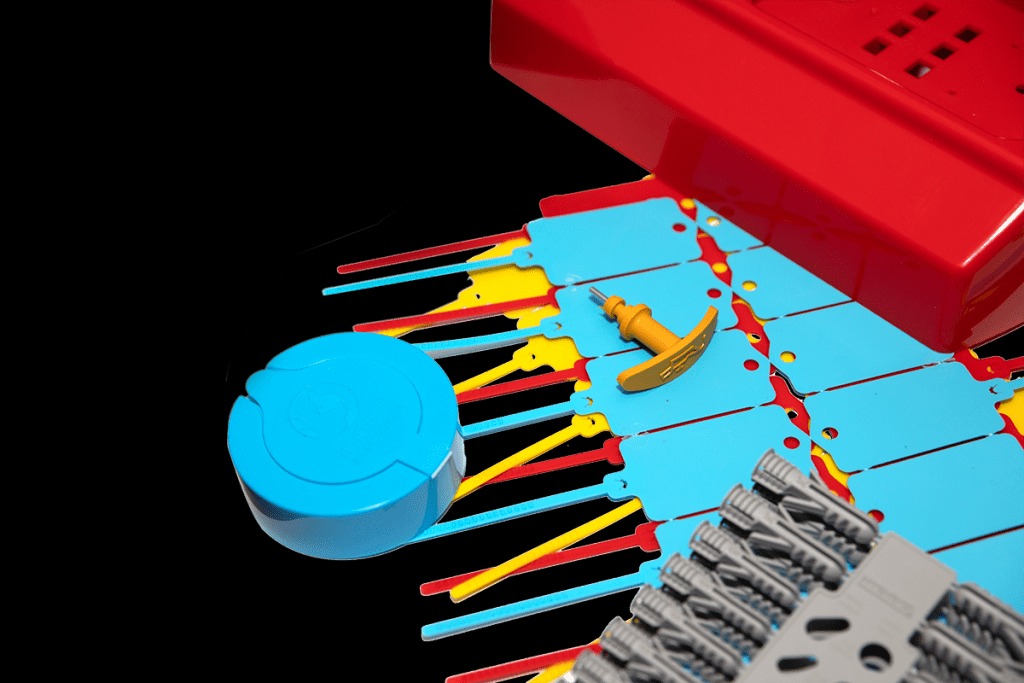In the world of plastic manufacturing, flexibility and precision are key to meeting the diverse needs of industries. While high-volume production often grabs the headlines, there’s a significant demand for low-volume injection moulding—especially when it comes to producing specialised plastic components. This blog explores the advantages of low-volume injection moulding, its role in plastic component manufacturing, and the process of moulding plastic parts in smaller quantities. We’ll also highlight why it’s essential to choose the right partner for your low-volume projects.
Understanding Low-Volume Injection Moulding
Low-volume injection moulding refers to the production of plastic components in smaller quantities, typically ranging from a few hundred to a few thousand units. This process is ideal for businesses that need to produce specialised parts without the commitment or cost associated with high-volume runs. It’s particularly beneficial for industries that require highly customised components or frequent design changes.
The Process of Low-Volume Injection Moulding
The low-volume injection moulding process is similar to its high-volume counterpart but is tailored for smaller production runs. Here’s how it works:
- Design and Prototyping: The process begins with a detailed design phase. Given the smaller production volume, prototyping is often an integral part of injection moulding. This allows manufacturers to refine the design and make adjustments before moving to full production.
- Material Selection: As with any moulding process, selecting the right material is crucial. The choice depends on the specific requirements of the part, such as durability, flexibility, and resistance to environmental factors. Common materials include ABS, polycarbonate, and nylon.
- Tooling: One of the key advantages of low-volume injection moulding is the ability to use cost-effective tooling. While high-volume production requires robust and often expensive moulds, low-volume projects can use less expensive tooling options that are still capable of producing high-quality parts.
- Injection Moulding: The actual moulding process involves injecting molten plastic into the mould. Given the smaller production volume, this step can be completed quickly, allowing for rapid turnaround times.
- Finishing and Quality Control: After the parts are moulded, they undergo finishing processes such as trimming, painting, or assembly. Rigorous quality control checks are conducted to ensure that each part meets the required specifications.
Benefits of Low-Volume Injection Moulding
Low-volume injection moulding offers several advantages that make it an attractive option for specialised manufacturing needs:
- Cost-Effective Production: For smaller production runs, this injection moulding is far more cost-effective than traditional high-volume methods. The reduced need for expensive tooling and the ability to produce parts in smaller quantities help businesses save money while still achieving high-quality results.
- Flexibility in Design: This injection moulding is ideal for projects that require frequent design changes or customisations. This flexibility allows manufacturers to tweak designs without the need for large-scale retooling, making it perfect for prototypes, limited edition products, or parts with highly specific requirements.
- Speed to Market: With fewer parts to produce, low-volume injection moulding often results in faster production cycles. This speed is crucial for businesses looking to bring new products to market quickly or respond to changes in customer demand.
- Material Versatility: As with high-volume moulding, low-volume injection moulding is compatible with a wide range of materials, allowing manufacturers to choose the best material for the job based on the specific needs of the project.
Applications of Low-Volume Injection Moulding in Plastic Component Manufacturing
Low-volume injection moulding plays a critical role in plastic component manufacturing across various industries. Here’s how it’s applied in key sectors:
1. Medical Devices The medical industry often requires specialised components produced in smaller quantities. Low-volume injection moulding allows for the production of custom medical devices, surgical tools, and diagnostic equipment with precise specifications and high-quality standards.
2. Aerospace and Defense In the aerospace and defense sectors, low-volume injection moulding is used to produce highly specialised parts that must meet rigorous performance and safety standards. The ability to manufacture components in small batches ensures that each part meets the necessary criteria without the need for mass production.
3. Consumer Products For consumer products, this type of injection moulding is ideal for creating limited edition items, promotional products, or specialised components that require a high level of customisation. This process allows companies to produce unique, high-quality items without committing to large production runs.
4. Industrial Machinery Industrial applications often require durable, high-performance components in smaller quantities. This type of injection moulding allows manufacturers to produce parts efficiently, ensuring each component meets exact specifications.
Moulding Plastic Parts: Why Low-Volume Injection Moulding is Ideal for Specialised Needs
Producing smaller quantities of plastic parts provides significant advantages, especially when you require precision and customisation. Low-volume injection moulding produces parts integral to complex systems, ensuring each component meets stringent requirements. Injection moulding delivers the quality and precision needed for custom prototypes or specialised components without large-scale production overhead.
For businesses involved in manufacturing, staying informed about industry trends and best practices is essential. The Make UK (formerly EEF) is an invaluable resource, offering insights and support for manufacturers across the UK. Make UK provides guidance on everything from innovation and skills development to industry standards, making it a valuable partner for any business involved in plastic component manufacturing.
Conclusion
Low-volume injection moulding offers a flexible, cost-effective solution for businesses needing to produce specialised plastic components. Whether you’re in the medical, aerospace, consumer products, or industrial sectors, this process provides the precision and quality required to meet your manufacturing needs. Choosing the right plastic moulding partner ensures you complete your projects efficiently, maintaining the highest standards of quality and reliability.
If you’re considering this type injection moulding for your next project, it’s crucial to partner with a company that has the experience, technology, and commitment to deliver outstanding results. With the right support, you can bring your products to market quickly, efficiently, and with confidence in their quality.





